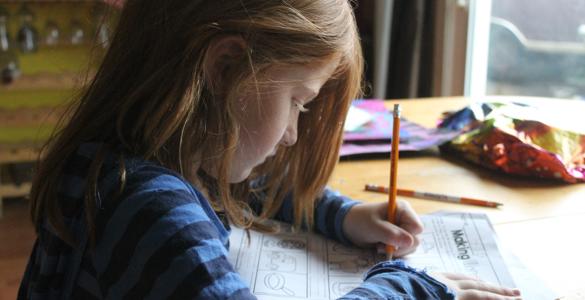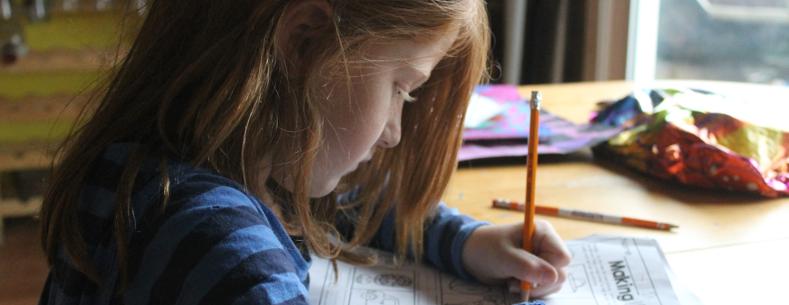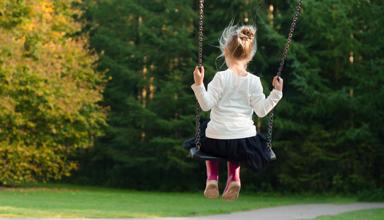A year ago it would have been impossible to imagine that concerns about children not being able to go into their schools would be so high on the political agenda.
Article 28 of the UN Convention on the Rights of the Child (UNCRC) says that every child has the right to an education. Along with other rights, such as the right to play and the right to good physical and mental health, it became part of Welsh law in 2011.
Next week, Members of the Senedd will discuss whether this law, the Rights of the Child and Young Person (Wales) Measure, is really making a difference to the lives of children and young people. This follows an inquiry and report (1.45MB) by the Senedd’s Children, Young People and Education Committee.
At a time when UNICEF has issued a global warning ‘of continued damage to learning and well-being as number of children affected by school closures soars again’, its timely that the Senedd is looking at children’s rights,
What’s the law in Wales?
In 2011 the Welsh Government received international recognition for introducing the Rights of the Child and Young Person (Wales) Measure – a law which means that Welsh Ministers need to give ‘due regard’ to the United Nations Convention on the Rights of the Child (UNCRC) in everything it does. This law means the Welsh Government must publish a plan to say how it’s going to do this in practice. It has just published a new draft plan (291KB) for feedback.
The UNCRC is made up of 54 articles which set out a wide range of rights for children and young people up to 18 years of age, including rights to protection, health, family, education, culture and leisure.
What was the Committee’s verdict?
The Committee published its report on children’s rights in Wales (1.45MB) in August 2020 alongside a child-friendly version (275KB) of the report. It concluded there is still ‘progress to be made’ saying:
We heard clear frustrations from stakeholders about the pace at which the Measure has influenced policy and spending. There is a lack of reference to children’s rights in key strategic documents, and insufficient evidence that the duties in the Measure are being considered and exercised across the whole of the Welsh Government. Some of the tools put in place to support the implementation of this legislation, such as Child Rights Impact Assessments, are produced far too late in the policy development process. This demonstrates to us that children’s rights are not driving the Welsh Government’s decision-making as the legislation intended.
The Committee was clear that there ‘must be a renewed emphasis on getting the implementation of this Measure right’. It made 16 recommendations, including calling on the Welsh Government to do more to make sure adults and children know about the UNCRC. It also said that extending the duties in the Measure to bodies such as local authorities and health boards would help deliver real change.
In its response (717KB) the Welsh Government fully accepted eleven recommendations, accepted one ‘in principle’ and rejected four.
The UN’s verdict
Every five years the UN itself looks at progress made in the UK in delivering the rights of children and young people. 2021 will see the UN report for the sixth time and its verdict will be based on evidence from the UK and devolved governments; all four UK Children’s Commissioners; national reports from non-governmental organisations (NGOs) as well as evidence provided by children and young people. The Welsh NGO sector reported to the UN in December 2020. The UK Commissioners' joint report to the UNCRC has also been published.
Coronavirus and children’s rights
The coronavirus crisis has unintentionally put children’s rights in the spotlight. With schools, colleges and childcare settings closed for long periods, playgrounds shut, opportunities to socialise cut off and real concerns about children’s well-being and mental health. The Committee took its evidence on children’s rights before the coronavirus pandemic. Since then it has kept a close eye on a wide range of issues in its on-going inquiry into the impact of the pandemic on children and young people.
You can watch Members of the Senedd debate the Committee’s findings and the other issues affecting children and young people on Senedd TV on Wednesday 20 January 2021.
Article by Sian Thomas, Senedd Research, Welsh Parliament






